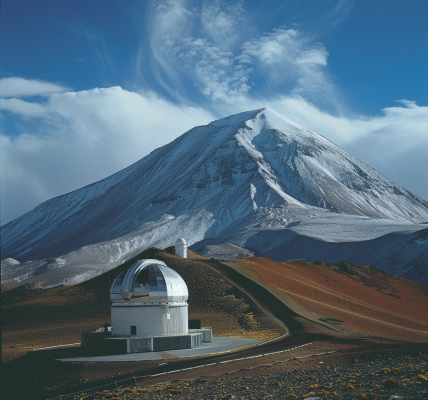The Arctic Ocean, a vast expanse of ice and water at the top of our planet, is undergoing rapid changes, with temperatures rising four times faster than any other ocean on Earth. This significant warming trend in the Arctic has far-reaching implications that could impact global climate systems.
Scientists are closely studying this phenomenon, known as Arctic amplification, to unravel its causes and predict its consequences. The melting of sea ice in the region plays a crucial role in this process, as the disappearance of ice exposes darker ocean water that absorbs more sunlight, leading to further warming. This feedback loop also reduces the Earth’s albedo, contributing to increased heat absorption.
Moreover, the warming in the Arctic extends beyond just the ocean surface, reaching down to the permafrost layer. As the permafrost thaws, it releases potent greenhouse gases like methane, exacerbating global warming. These changes in the Arctic can have widespread effects on weather patterns, sea levels, ecosystems, and even jet streams, potentially causing extreme weather events in distant regions.
The implications of Arctic warming are significant, posing threats to indigenous communities, local wildlife, and the overall stability of the Earth’s climate system. Researchers, including lead author Annabel Payne from the Department of Environmental Systems Science at ETHZ in Zürich, Switzerland, are at the forefront of investigating these changes to better understand their impacts.
Recently, Payne and her team made progress in mapping the paths of Atlantic water entering the Arctic Ocean’s Canada Basin using innovative techniques involving radioactive isotopes as tracers. By detecting radionuclides like iodine-129 and uranium-236 in the Atlantic water, released in trace amounts by nuclear reprocessing plants, the researchers were able to trace the movement of water over several decades.
Through their research, the team identified two distinct routes through which Atlantic water enters the Canada Basin, providing valuable insights into the oceanic processes in the Arctic region. Understanding these water paths is crucial for comprehending the complex dynamics of Arctic warming and its broader implications for the planet’s climate.





